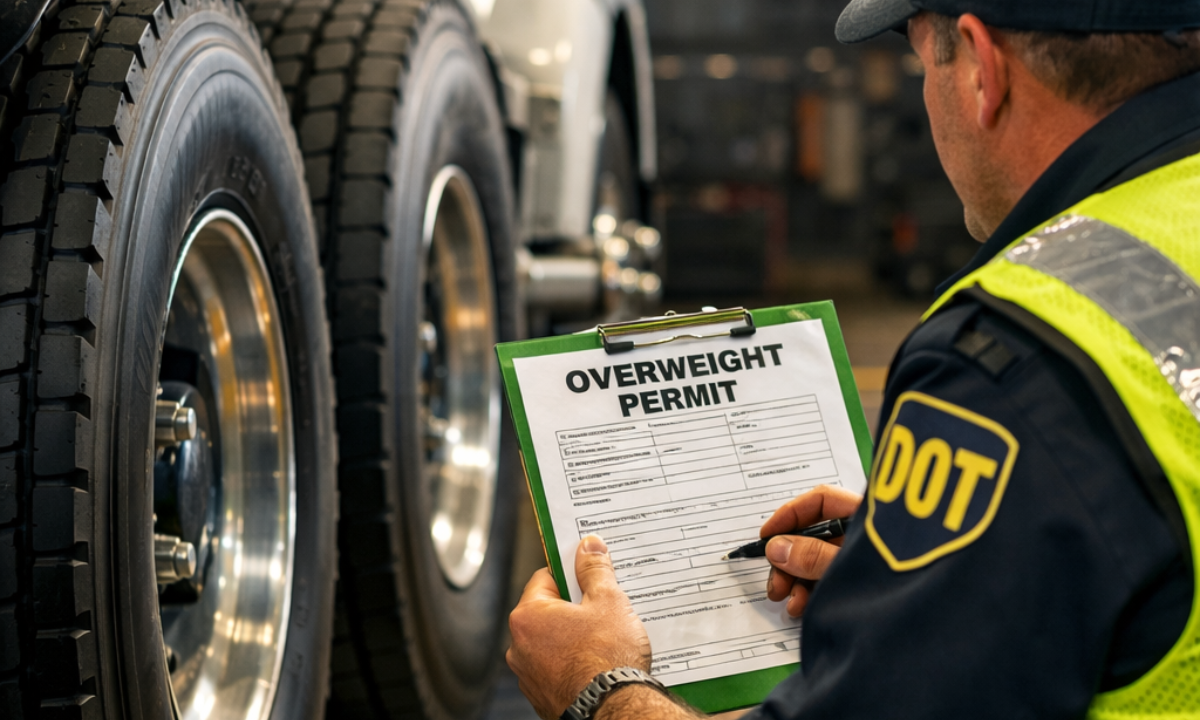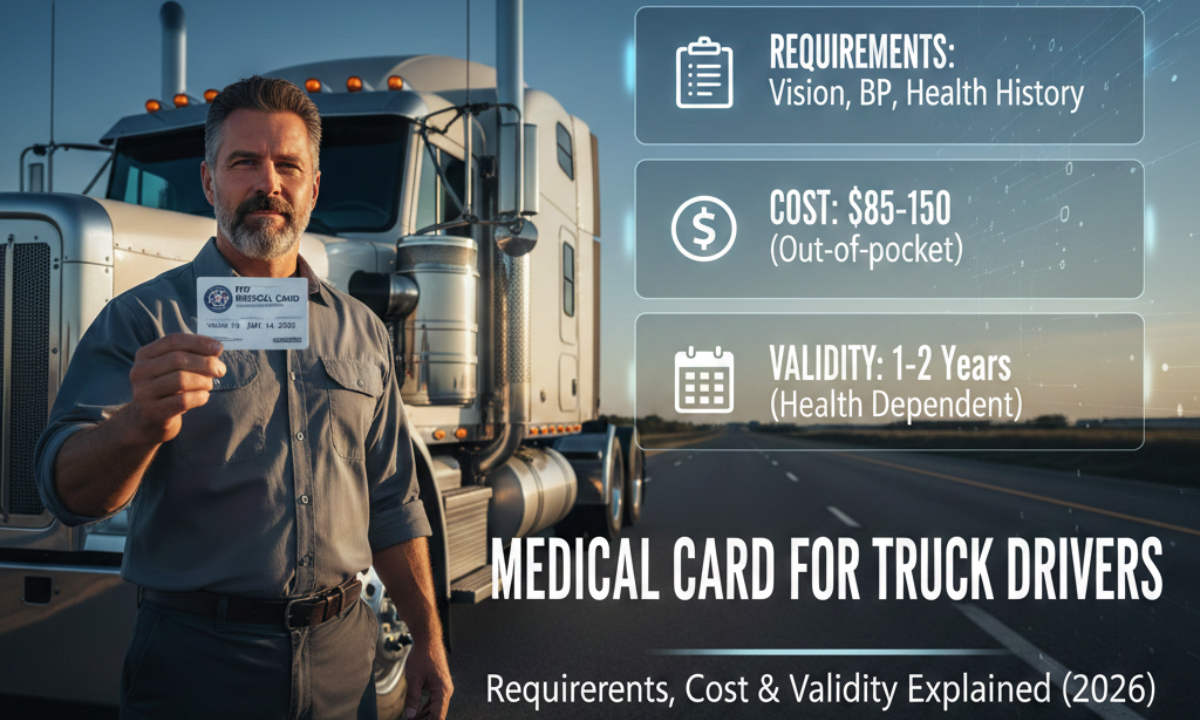What are the most common problems you face on the road?
General Adversities Truck Drivers Encounter on the Road
The trucking industry shakes the logistics world’s feet, but all professional truck drivers are known to share that challenge specific to the road. Adverse events from mechanical issues and regulatory pressures require effective treatment in safe trucking operations and profitability. A better understanding of those problems would enable both new and veteran drivers to prepare better for their future life on the highway.
Mechanical Breakdowns and Maintenance Failures
One of the most common even those in the category is an unforeseen breakdown of the trucks. Flat tires, engine malfunctions, and problems with the electrical system or transmission can cause costly hold-ups. Preventive maintenance of fleets, usually carried out through routine inspections, and the use of reliable telematics systems reduce downtime; however, long-haul routes tend to make the wear and tear on trucks worse, making this difficulty nearly part of the long-run game.
Weather Hazards and Road Conditions
Rainstorms, heavy snow, fog, and icy roads are the most common severe weathers truck drivers end up driving through. These conditions can impair visibility, brake distance, and overall safety. To drive properly under adverse weather conditions, a special driving skill, defensive techniques, and application of DOT safety regulations are required. Road construction areas, bad-quality infrastructures, and uneven surfaces are more possible risks that add fatigue and accident factor probability.
Hours-of-Service Compliance and Fatigue
Federal HOS rules keep a driver from becoming fatigued. Yet still, the driver has to meet the delivery schedule and attend to rest periods as required by regulation. Fatigue is one of the major reasons for trucking accidents because it reduces reaction time and concentration. Good trip planning, using ELDs, and keeping an eye on rest are vital for being compliant and safe.
Traffic Congestion and Delays
Many times, delays arise because of urban deliveries usually. When it comes to long-haul drivers, bottlenecks, road closures, and detours just lead to fuel depletion and failure to meet deadlines. Advanced GPS routing, real-time traffic updates, and new route optimization software are all helping to minimize downtime; however, on-the-fly congestion still makes for major logjams in the trucking community.
Health Problems for Truck Drivers
Being on the road for such long hours influences the health of both body and mind. Due to limited access to healthy meals, irregular sleep patterns, and long hours of sitting, the truck drivers are usually subjected to an increased risk of the following health conditions: obesity, back pain, and hypertension. Stress and loneliness are other prevalent situations here, as truck drivers spend days to weeks away from their families. Driver wellness programs, mobile fitness exercises, and mental health support can address those concerns.
Loading, Unloading, and Dock Delays
Delays caused by shippers and receivers usually occur during the actual loading and unloading. Waiting hours for docked vessels may also disrupt schedules, making fuel costs rise, making stress increase, and making more stress occur. The other things contributing to this problem include lumper fees, poor management of loading docks, or a live load. Better shipper-carrier communication and efficient scheduling options will reduce downtime than utilizing drop-and-hook operations.
Safety Concerns and Security Threats
Cargo theft, hijacking, and roadside security are for trucking. High-value freight becomes especially easily prone to theft at truck stops or unsecured rest areas. Risks on the road also come from aggressive drivers. Truck security systems and safe rest locations and defensive driving strategies are important to the security of cargo.
Increasing Fuel Prices and Economic Pressure
Profits are particularly affected by fluctuating fuel prices as an employer operator. With tolls, insurance, and repair costs added to the expenses, the endless task remains managing and finding ways to cut costs. Fuel optimization strategies as well as fuel cards and ways of driving that improve the mileage can bring some relief; however, costs pertaining to increasing operations present pressing issues in the industry as a whole.
Technological and Regulatory Complexities
To these, one can add the challenge of keeping up with emerging electronic logging, telematics, and government compliance standards. Once again, new environmental regulations, new electronic systems, and constant updates of compliance requirements demand ongoing learning and adaptation. Technology may indeed be more efficient; however, the costs and complexity of implementation make it difficult for many drivers and fleets.
In Conclusion
Every truck driver faces challenges, including risks to road safety and costs of operation. By knowing such challenges beforehand, fleets and drivers can start making proactive plans toward a better possibility of smoother journeys, safer deliveries, and better profitability. The trucking industry indeed faces challenges that seem never-ending, albeit preventive maintenance, health awareness, advanced technology, and strong logistics planning still continue to empower drivers and businesses on the road.
Disclaimer: The information provided in this blog post is for general informational purposes only. While we strive to keep the content accurate and up to date, we do not guarantee its completeness, reliability, or accuracy. Any actions you take based on this information are strictly at your own risk. We are not responsible for any losses, damages, or inconveniences that may arise from the use of this blog.












